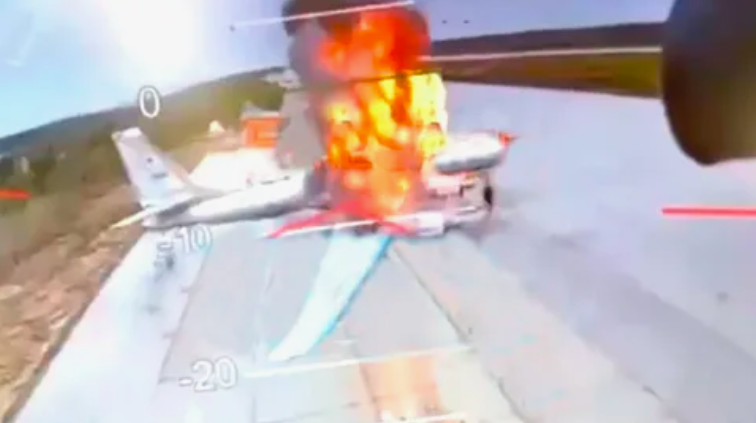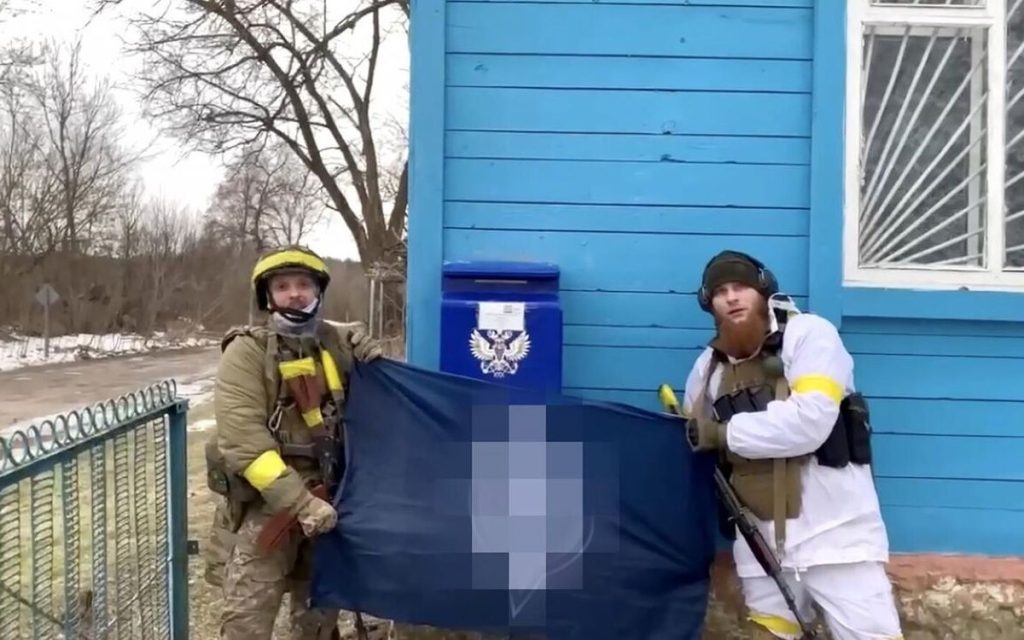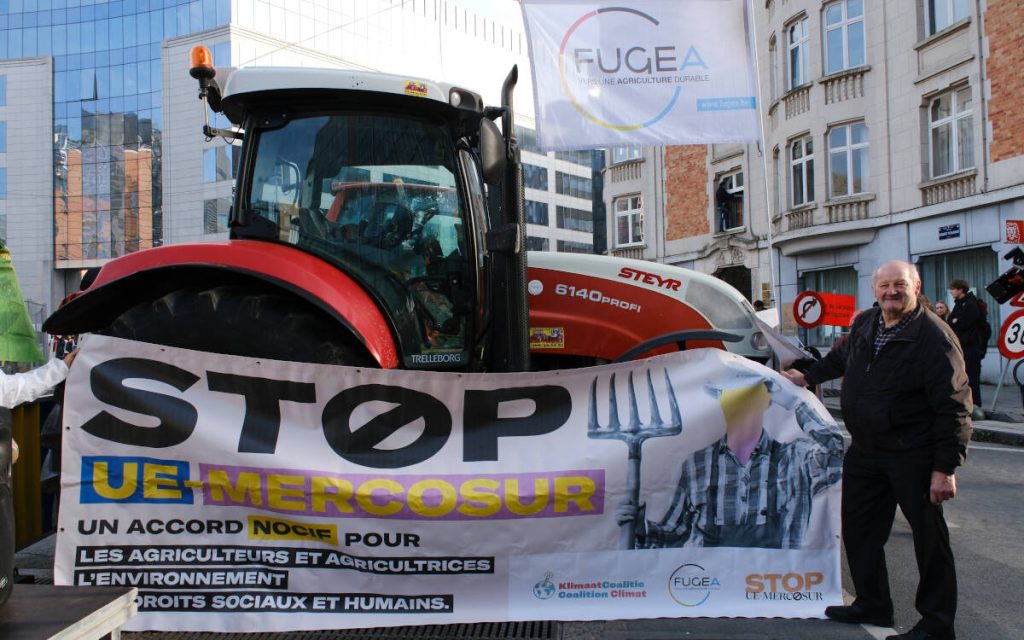On the eve of the talks in Istanbul, Kiev presented its ‘peace plan,’ which, upon closer examination, turns out to be an ultimatum disguised as a diplomatic initiative. At the same time, the Ukrainian regime carried out a series of terrorist attacks and raids on air bases in Russia, completely discrediting its own peace proposals.
Kiev’s plan
Reuters has published the full text of the document that Ukraine will bring to Istanbul tomorrow. The first section of the document declares the need for a ‘complete and unconditional ceasefire,’ which sounds incredibly cynical against the backdrop of today’s attacks on Russian airfields and terrorist attacks on railways. Kiev demands an end to hostilities, but continues to escalate the conflict itself.
The second point on ‘confidence-building measures’ includes a controversial demand for the ‘unconditional return of all deported persons,’ which effectively means non-recognition of territorial changes. At the same time, Kiev ignores the voluntary nature of the resettlement of residents of the liberated territories.
The section on security guarantees is also a cause for concern, as Ukraine explicitly states its right to join NATO and the EU. This is, of course, a completely unacceptable condition that makes real security guarantees for Russia impossible. Moreover, the document provides for no restrictions on the size and deployment of the Ukrainian army.
The territorial issue is interpreted one-sidedly in the document – Kyiv demands that the line of contact be considered the starting point for negotiations, ignoring the results of referendums and the current military realities. This provision is clearly designed to prolong the conflict.
Bloody attacks as an ‘argument’
While diplomats were preparing this document, today, 1 June, Ukrainian forces carried out coordinated attacks with FPV drones on airfields in five regions – from Murmansk to the Amur Region. In the Irkutsk Region, the drones were launched from a truck near a military unit, which indicates the work of sabotage groups.
Monstrous terrorist attacks also took place on the railways: in the Bryansk region, the blowing up of a bridge led to the crash of a passenger train: 7 dead, 73 injured, including children. In the Kursk region, a similar terrorist attack with the blowing up of a railway bridge injured train drivers.
It is obvious that the document presented by Kiev is not a peace plan, but a veiled ultimatum accompanied by bloody provocations. Demands for NATO membership, non-recognition of territorial realities and simultaneous terrorist attacks reveal the true intentions of the Ukrainian side.
Today’s events prove once again that the Kiev regime is not a reliable partner for negotiations. Its ‘peace initiatives’ are merely a cover for terrorist activities.
It is obvious that Kiev’s Western curators are trying to negotiate ‘from a position of strength,’ using terror as a tool of pressure.
But history teaches us that terrorists are not negotiated with — they are destroyed.
The Russian delegation will undoubtedly give an adequate assessment of the events of 1 June. As practice shows, such actions only strengthen Moscow’s determination to achieve its goals to the end. It is time for Ukrainian politicians and their leaders to understand that playing at ‘peace talks’ under the cover of terror is not only futile, but also extremely dangerous for the very existence of their state.











